
Klaipeda District Tourism Information Center
-
What to do?
- What to do?
- Places to visit
- Active leisure
- Tours and educational programs
- Guides
- Museums and exhibitions
- 4 Waters Land for Children
- Passenger ferry schedules in the Curonian Lagoon
- Publicly accessible recreation areas in Klaipėda district
- Accessible for people with disabilities
- Klaipeda region tourism information centres
- Where to stay?
- Where to eat?
-
Routes
- Routes
- Mountain trails
- Milky Ways
- The Way of St. James in Western Lithuania
- Health trails
- The Baltic Trail: A Journey into the World of the Curonians
- Audio guide in Priekule
- LIVING ON THE BORDER OF ETHNOGRAPHIC REGIONS
- 584 KM OF DEFENSE AND NATURAL HERITAGE ROAD
- Cycling route:The Curonian Path
- Bird watching on the Baltic Sea coast
- Other routes
- Newa
- Events
-
Information
- Information
- Structure and contacts
- J. Gižas ethnographic farmstead
- Gargždai Bus Station
- Activity
- Representative films
- Electronic publications
- Administrative information


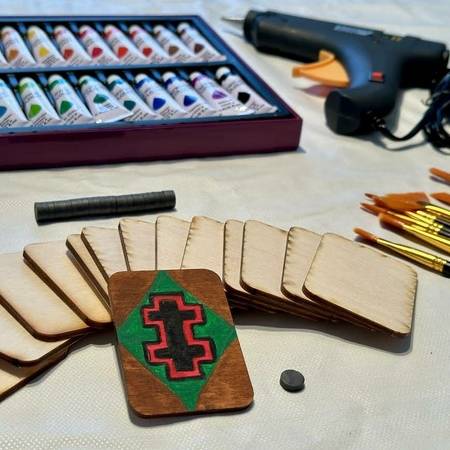
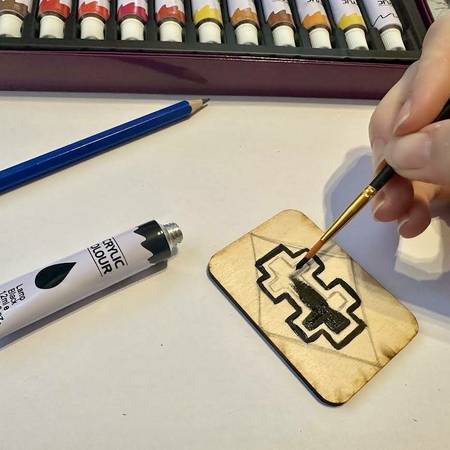
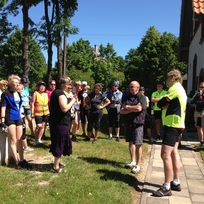
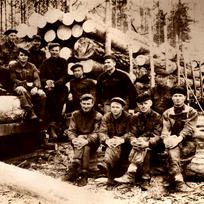
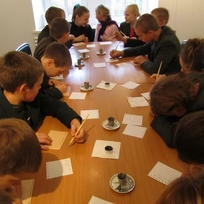
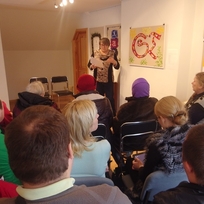
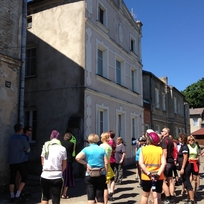
Reviews